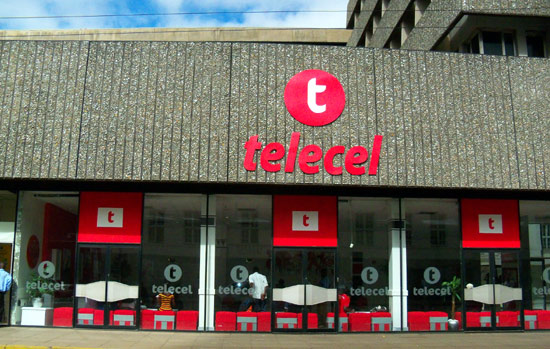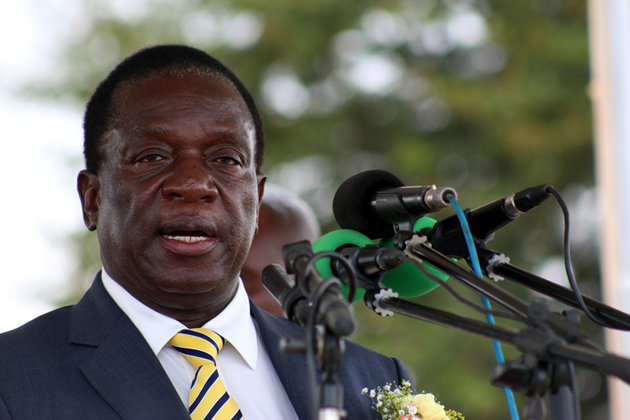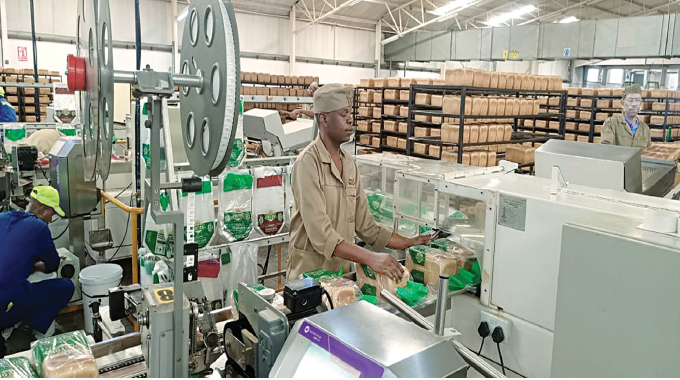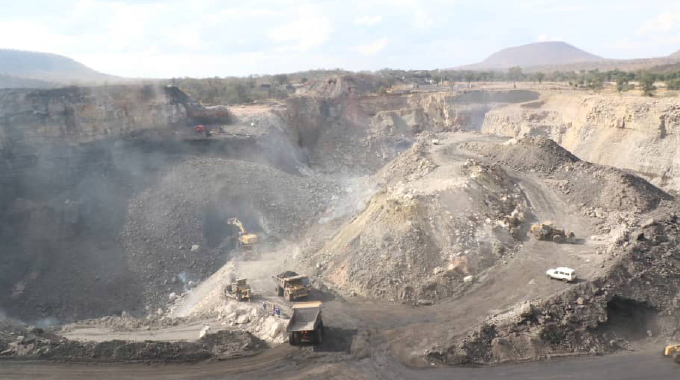Telecel to introduce LTE

Business Reporter
MOBILE network operator, Telecel Zimbabwe, plans to introduce Long Term Evolution (LTE) early next year, a development that will see its broadband subscribers enjoying superfast mobile connectivity.
LTE is a mobile network technology that is being deployed by mobile operators on both the global system for mobile communications and the code division multiple access technology paths.
Depending on the spectrum available, live LTE networks can deliver very fast data speeds of up to 100Mbps in the downlink and 50Mbps in the uplink.
Since 2013, Zimbabwe has experienced LTE in patches with Econet Wireless setting the tone in providing the high-speed data communication standard.
Econet has finally enabled LTE for mobile phones and NetOne, the government’s own mobile network operator has taken the lead with an ambitious and well-funded roll-out of LTE.
According to an online publication, Telecel Zimbabwe chief executive officer Angeline Vere has been piloting LTE in parts of Zimbabwe and will be activating it in the first part of 2016.
Vere was quoted as saying at the moment the return on investment for LTE in Zimbabwe did not warrant a huge rollout and this was the reason why the mobile network operator had lagged behind in investing in the technology.
She pointed out that constraints like the limited national smart phone penetration hovering around 20 percent had negative implications on LTE investment.
An official within Telecel Zimbabwe who preferred not to be named citing professional reasons expressed skepticism that the mobile network operator would introduce LTE next year.
“I don’t see the investment in LTE by Telecel taking off next year because at the moment there isn’t anything tangible on the ground to point to that effect. LTE investment can be something that has been discussed at strategic level but to concretely say we’ll introduce the service by next year, it’s something that can be doubted,” said the official.
Vere was quoted as saying Telecel had not invested in the service as the LTE brings with it the added challenge of providing subscribers with enabled devices for the technology, which for the greater part had not been priced for emerging markets like Zimbabwe.
She highlighted that at present they were working on consolidating 2G and 3G service for the existing and potential Telecel broadband subscriber base.
This means improving the 2G and 3G coverage and getting more users to access data services including even at a basic level.











Comments